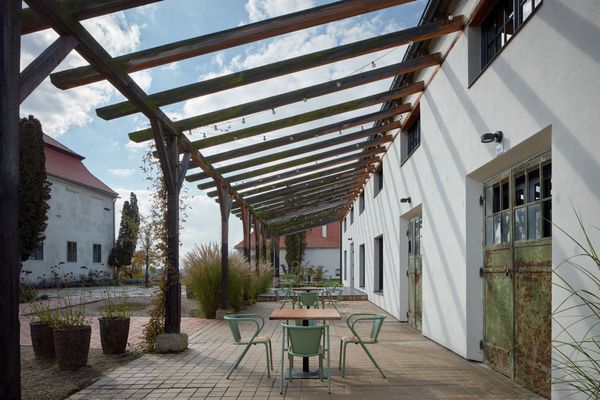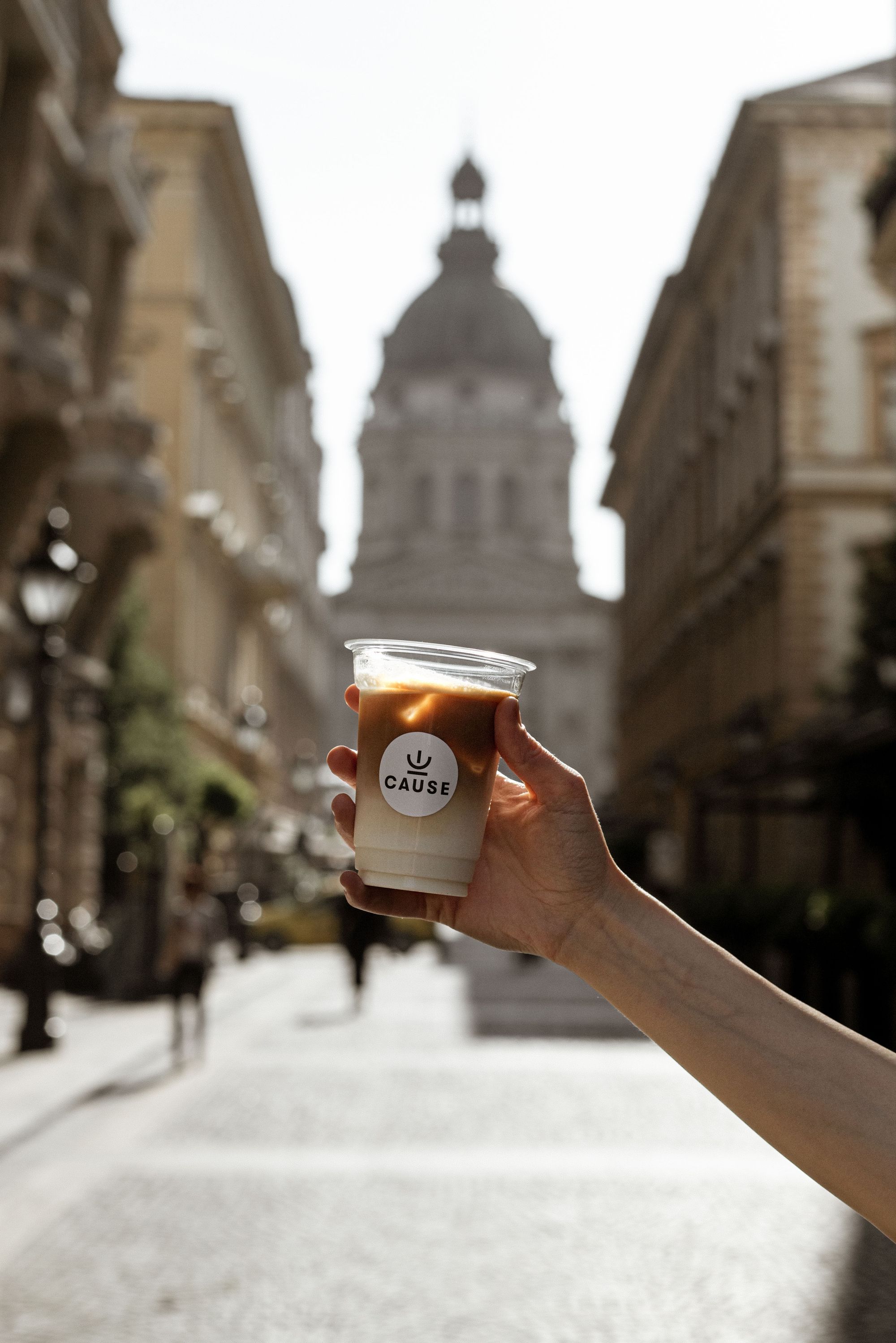It is not always clear where our path is leading us. But if we focus on what’s really important, we can spot that certain evening star that will guide us towards our true purpose. By ‘just’ listening to the voice within and persevering when the journey gets tough, we can trust that this strategy will lead us where we need to be. If we follow our intuition, in this case, the smell of coffee, sooner or later everything will work out; CAUSE Roastery is the proof.
Walking around in the hustle and bustle of downtown Budapest, one sometimes automatically becomes distrustful. Unfortunately, this often happens to me. Rushing among the touristy restaurants, cafés, and bistros of questionable quality, escaping the summer crowds, I don’t always pay enough attention to what’s going on around me. Finding CAUSE Roastery was a coincidence—a dear friend and I were looking for a quiet coffee spot to chat in the late afternoon, but we had to stay in the area. Quickly checking on Google Maps (where I regularly save places to all sorts of lists), I saw that this coffee shop was just a few minutes away and was open.
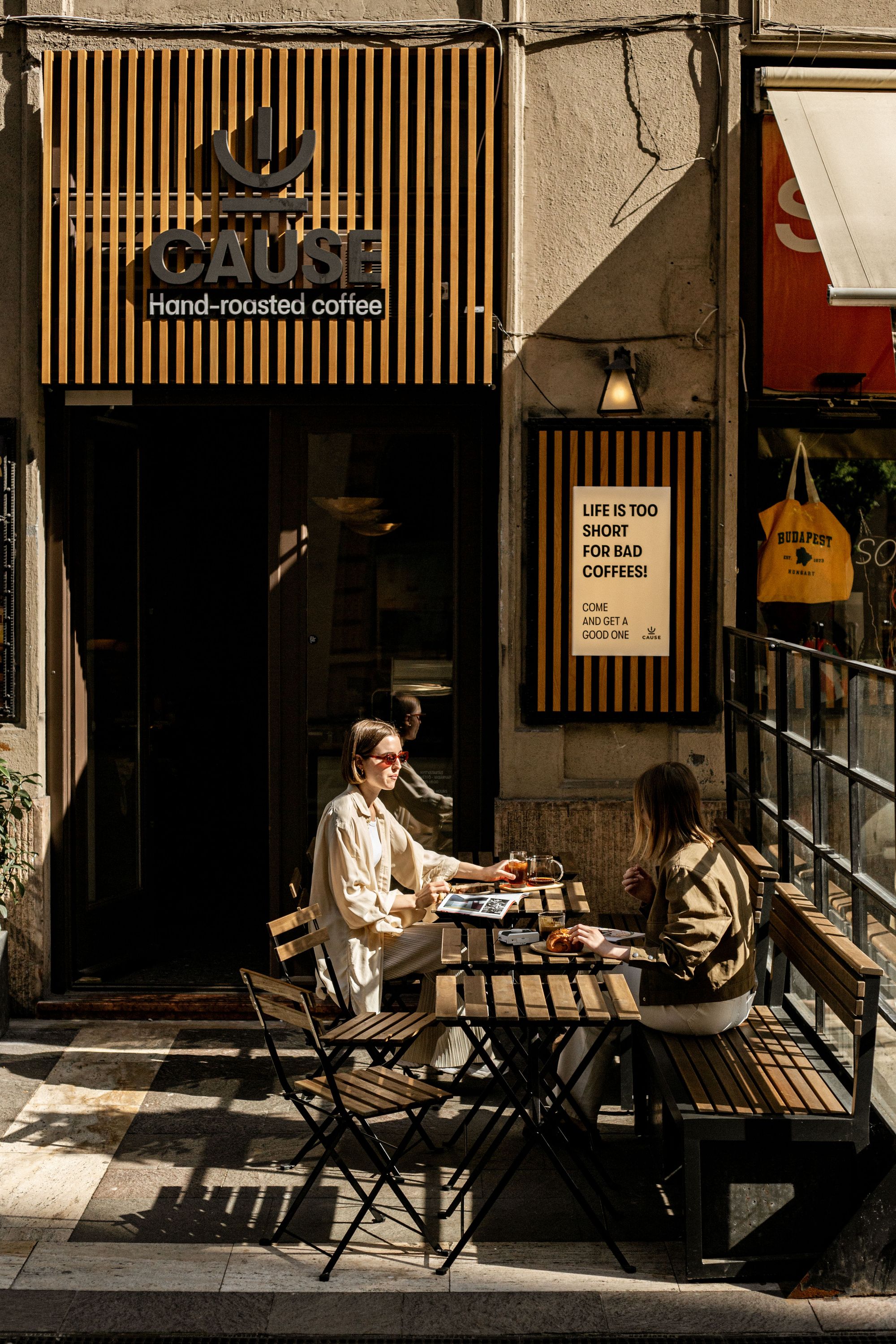
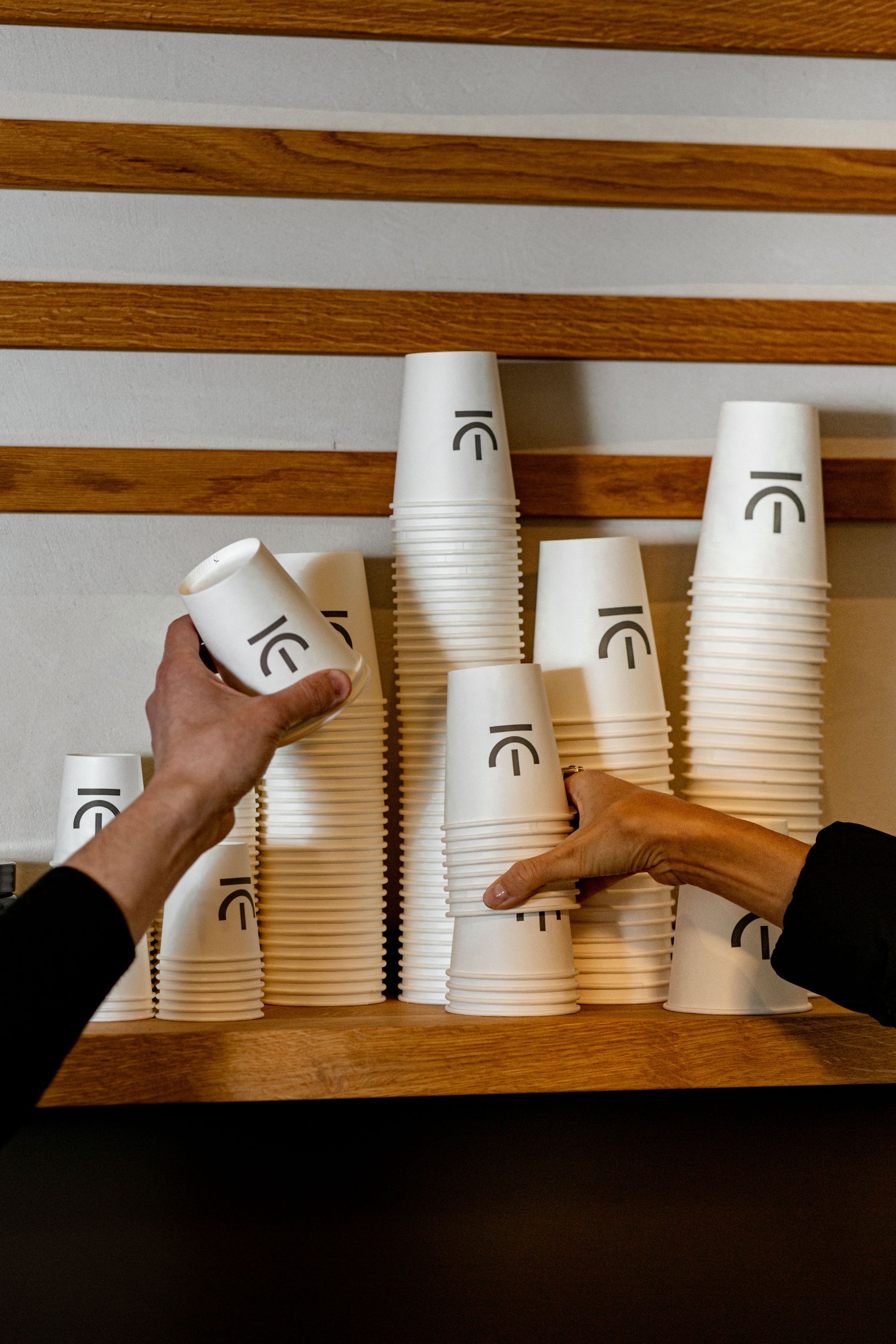
So we headed there and entered a small but very nice shop. Wooden benches with mini-tables opposite the counter, a Victoria Arduino Black Eagle coffee machine, specialty coffees on the shelves, familiar ceramics, reasonable prices, and two friendly, open-minded guys on the other side of the counter. We asked for two coffees and what came in the cup was perfect: carefully prepared, perfect latte art and excitingly unfolding flavor notes. A new habit of mine is to be more inquisitive, so I started asking questions—something I’ve been doing since I started working as an author and manager, but it’s resulted in many lovely acquaintances (well, jobs). ‘Where do you get your coffee from?’ ‘We roast it ourselves.’ ‘And the ceramics? They’re so familiar.’ ‘Our friends, a couple, opened a ceramics studio called Marek Műhely (Marek Workshop—the Transl.),’—well, that’s all we needed to hear. A few days later, I contacted them and asked for an interview as I was curious about this story.
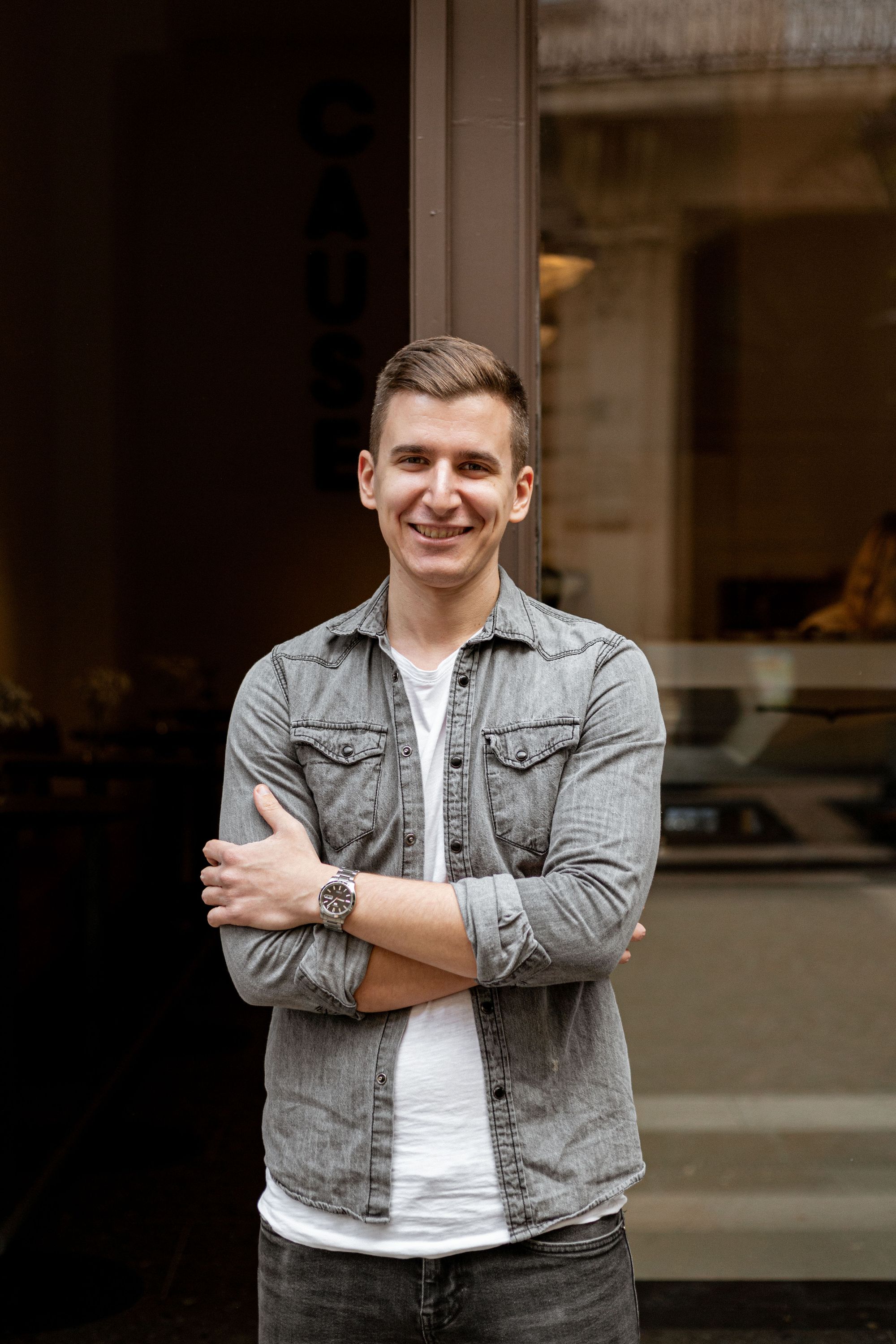
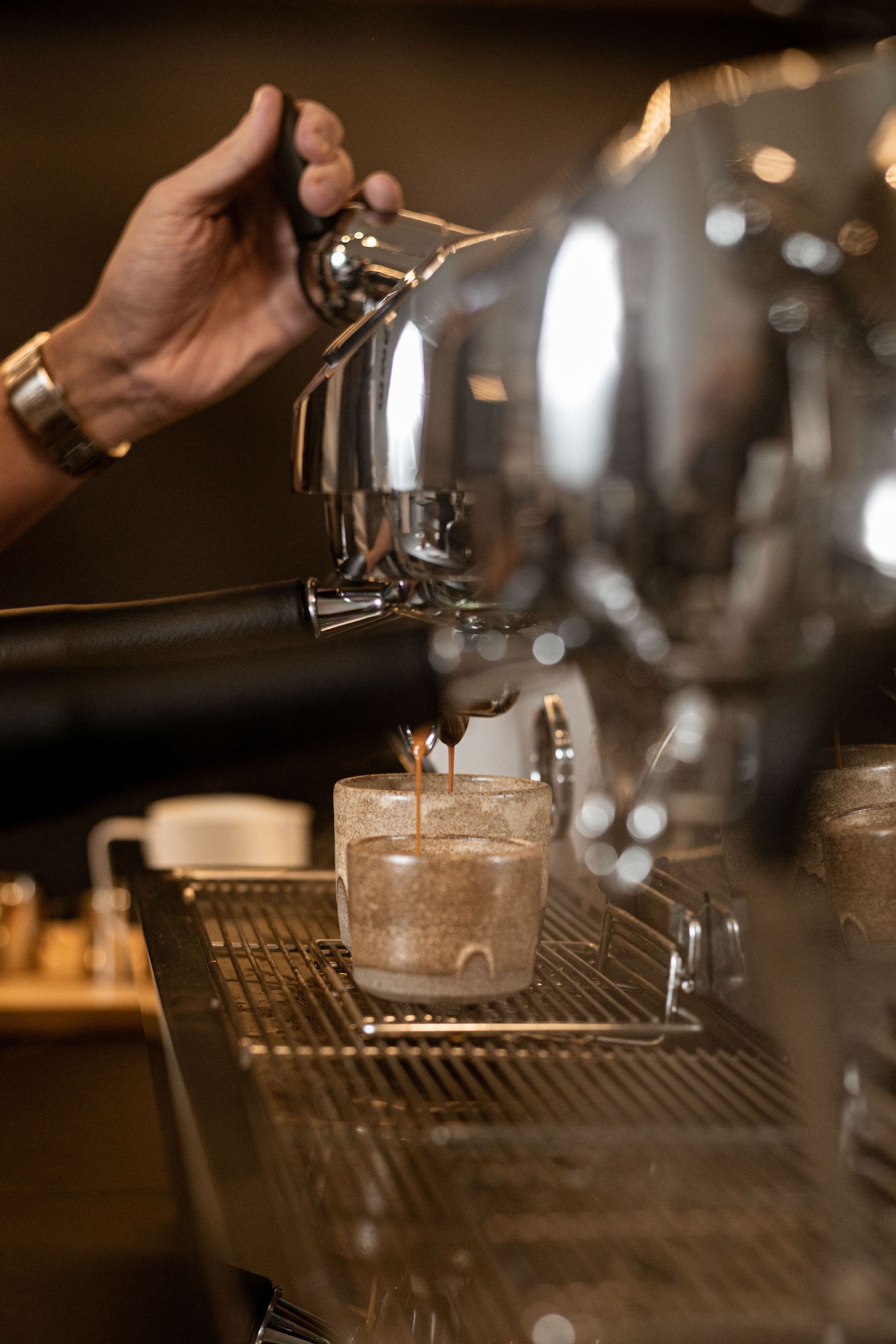
On the day of our interview, owner Bence Máthé was waiting for me patiently after closing time, despite his early journey the next day. He offered me a cold drip—unlike cold brew, the coffee doesn’t steep for a day, but filters and drips in 12 hours using a special device. The result is a lighter, less acidic, more floral-tasting brew. It’s a really refreshing drink, but don’t be fooled, it’s not short on caffeine. While I was drinking my (slightly irresponsibly picked, but who needs sleep anyway) coffee in the sunset, Bence started sharing his story. He graduated as an economist and he was looking for his calling. Building on his language skills, he decided to try his luck in England and settle down in the catering industry. His confidence and experience were still low at the time, so he took on a wide range of jobs, from dishwashing to kitchen work. After a few months, he outgrew that and moved on to a job in a five-star hotel. There he learned the basics of hospitality and continued to improve—something he says is possible in this country, if you want to learn, you get the chance. He became increasingly interested in wine, so he switched to a Michelin-starred restaurant where he worked as a wine waiter, while coffee slowly began to conquer him.
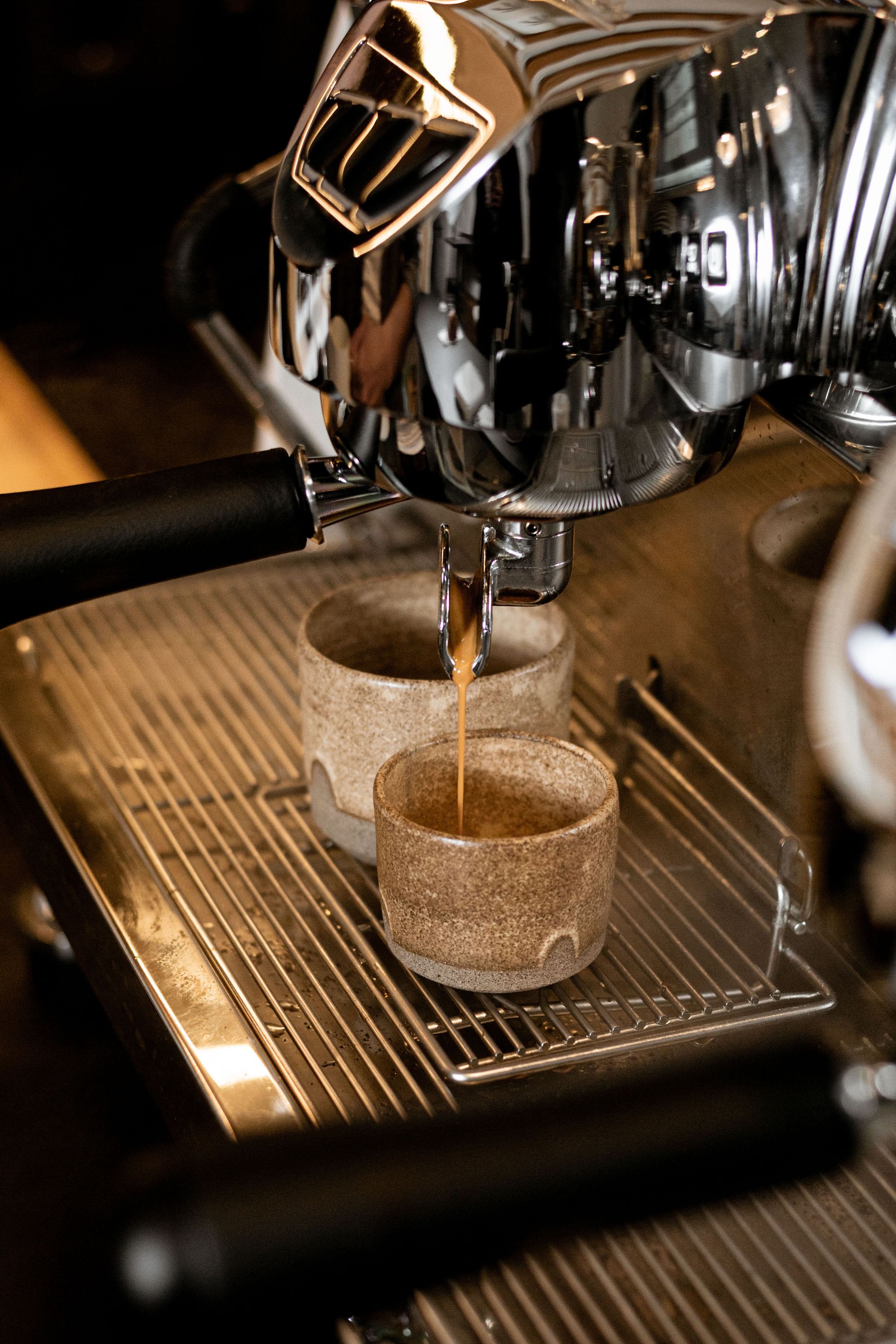
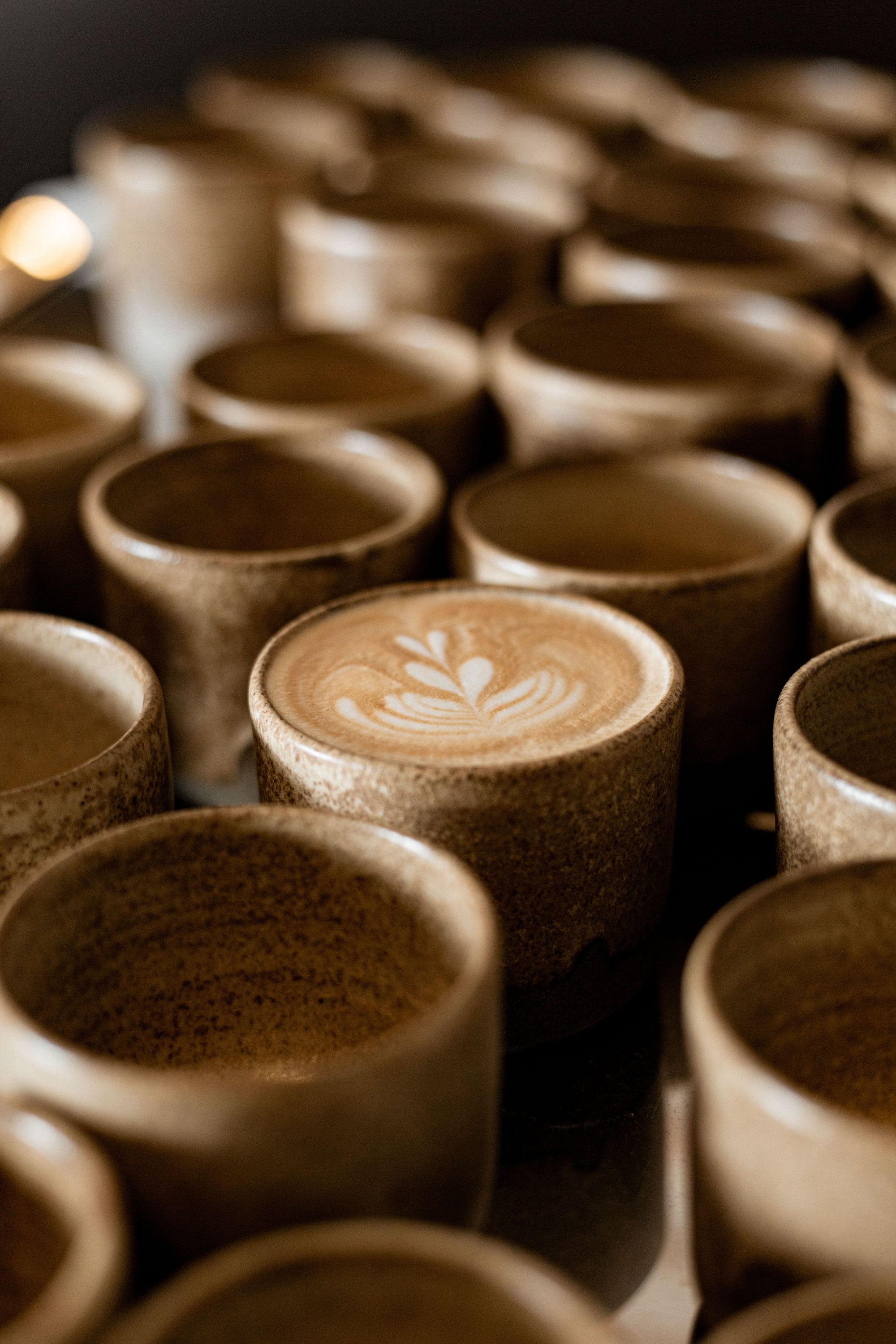
At that point, there was little talk of specialty coffee culture, either in Hungary or abroad. However, he was curious, he was experimenting, and he wanted to understand what happens on the journey from the soil to the cup and how it could be influenced to create a more complete experience. With a twist of fate, he applied for a job at Heston Blumenthal’s restaurant called The Fat Duck in Berkshire—FYI, it’s a three-Michelin-starred restaurant, one of the best in the world, with a completely different approach to dining. The 16-course tasting series, called The Sensorium Menu, is a nostalgic story and a multi-sensory culinary experience, with so-called storytellers guiding guests through the meal instead of waiters. The emphasis on flavors, aromas, and visuals is a school of food design implementation that can be seen as an example for anyone who cares a little about what is beyond delicious.
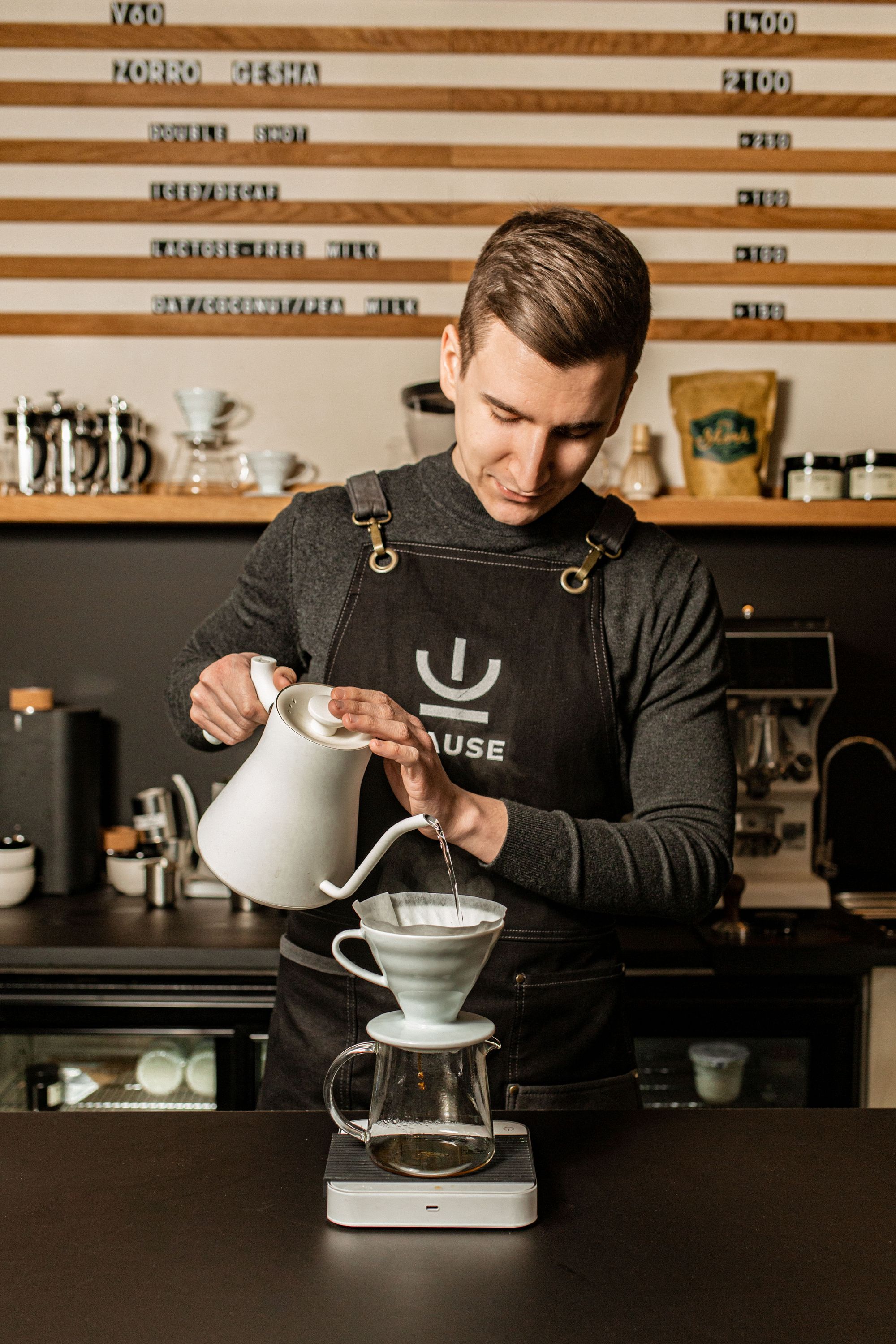
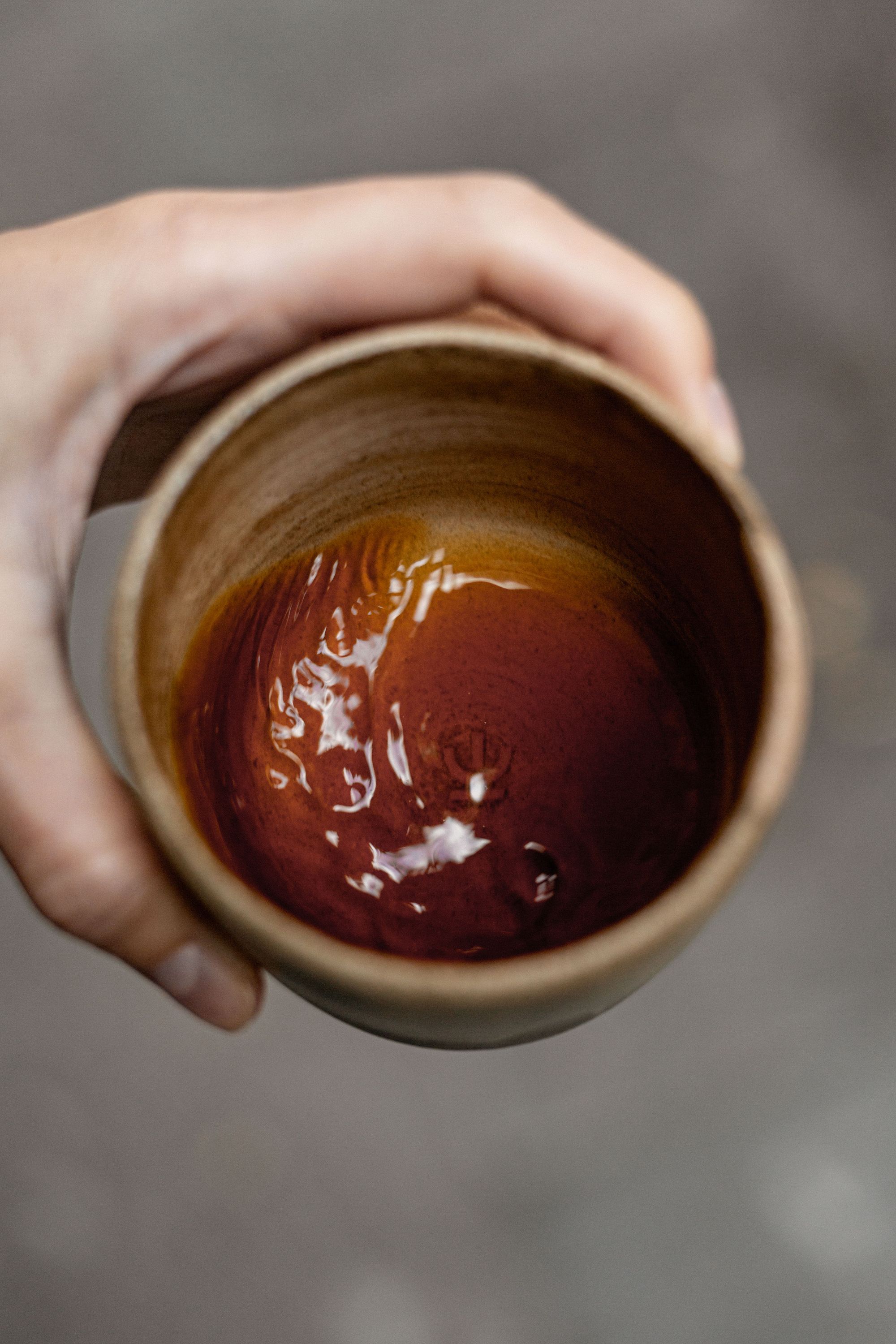
Bence worked like this for 2-3 months, but he couldn’t get the coffee out of his head, so he asked to become a barista. His boss at the time was very supportive (the restaurant was closed at the time and had a pop-up in Melbourne, the home of specialty coffee, and then Dinner by Heston Blumenthal opened, which generated great interest in new-wave coffee in-house), so together they developed the coffee for the place: he presented guests with a 15-minute mini show of one of the world’s most special beans, the Panamanian Geisha, using a Comandante grinder and Hario V60 filter coffee glass on a trolley at the table. He told stories as he went along, making coffee as important as any other dish, so people understood and loved this experience. Of course, in his spare time, he was also busy studying and gaining qualifications. They had progressed to the point where they were thinking of starting their own brand, but with the closures during the epidemic, a changing workforce, and an unpredictable future, he finally made a decision and moved home for good.
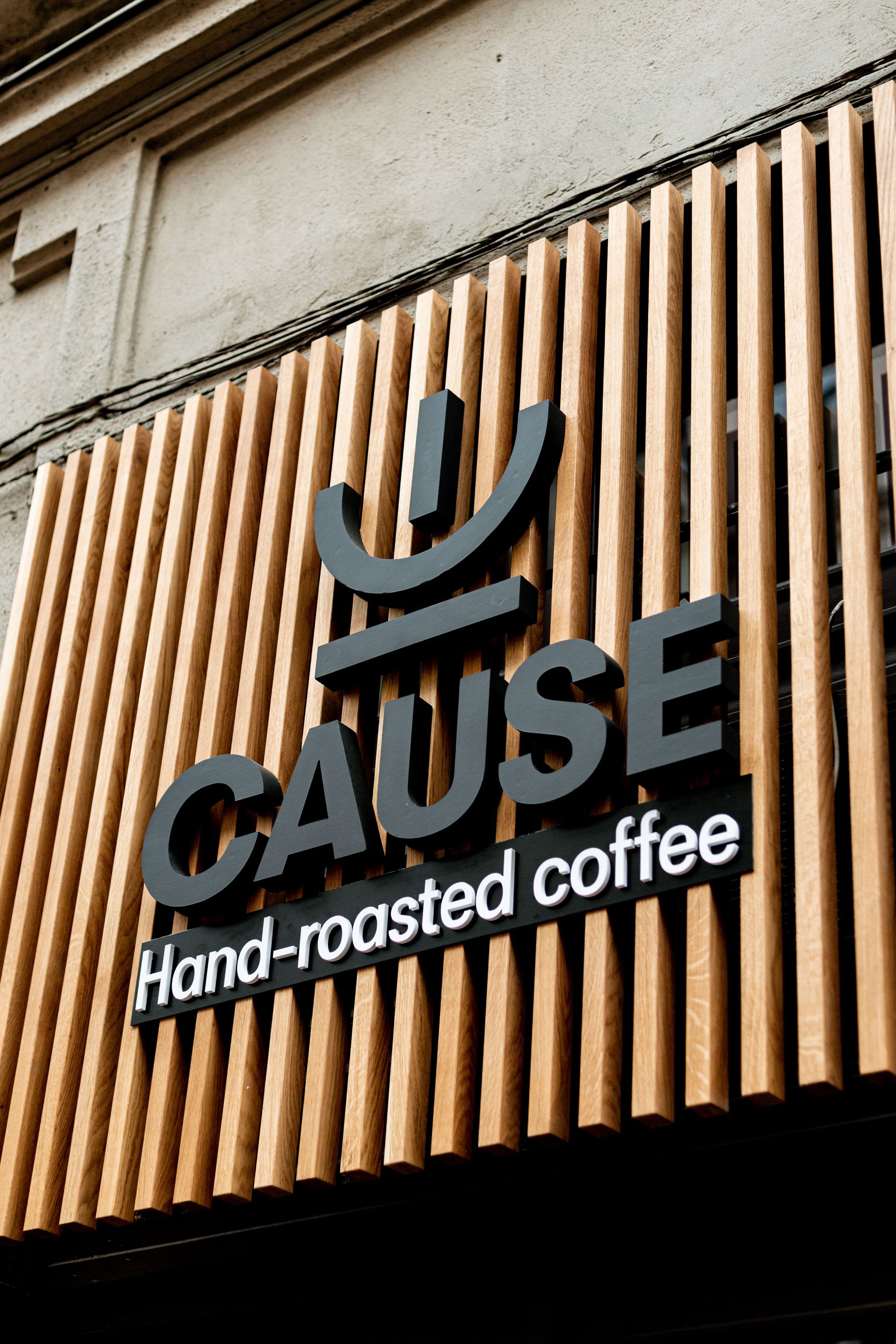
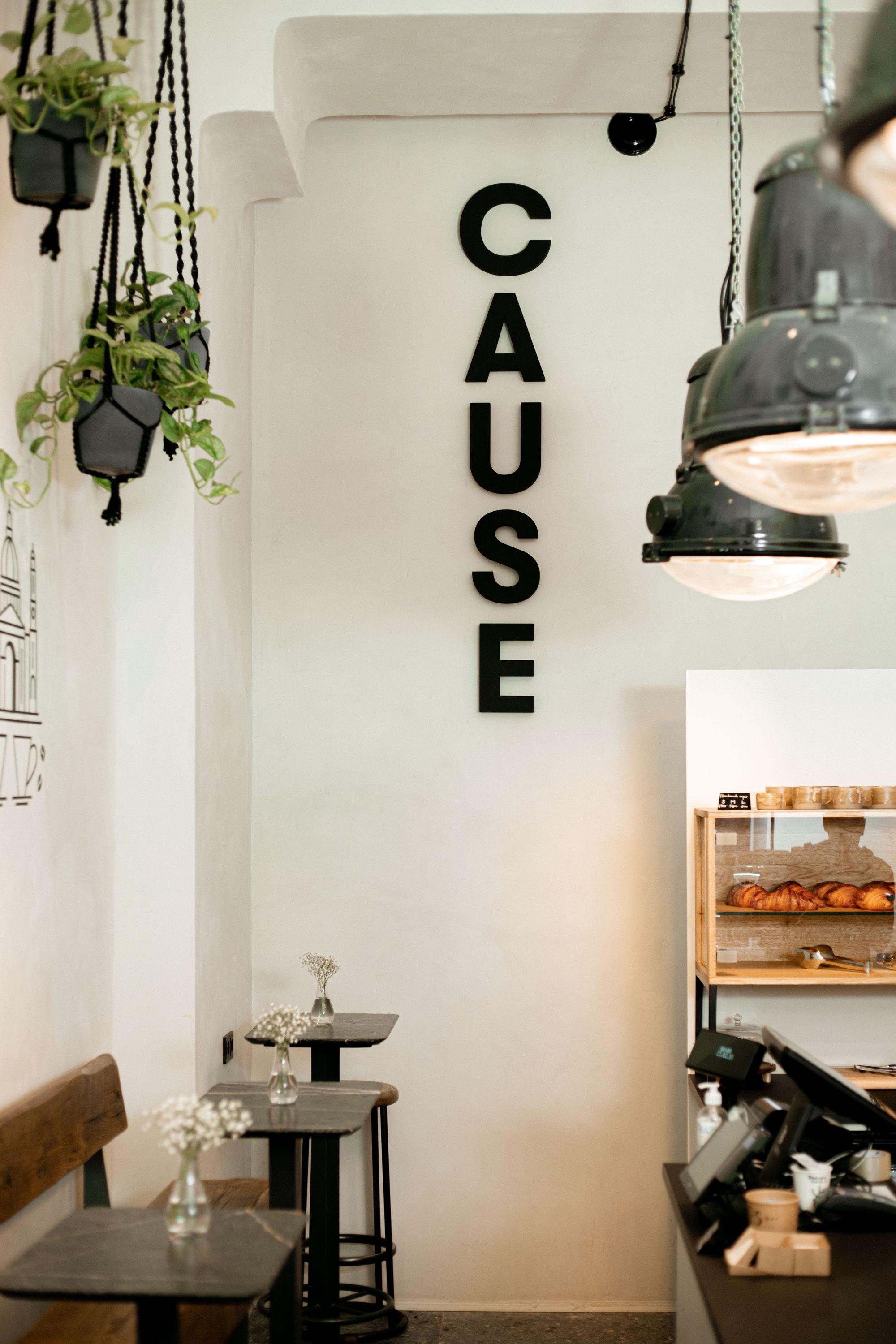
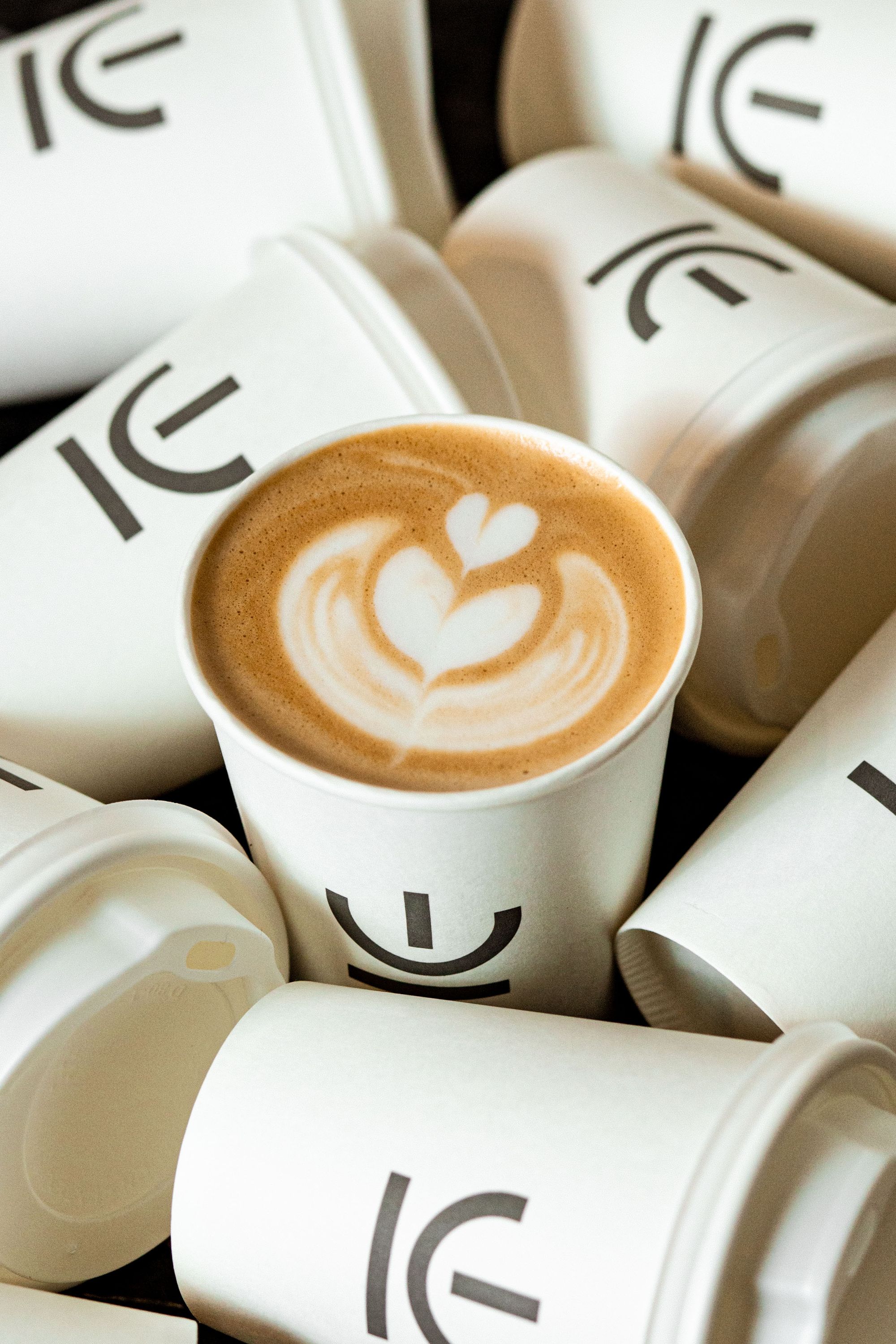
He didn’t necessarily want to work in catering, but an acquaintance introduced him to an investor in Hungary who also owned several restaurants and bistros in Budapest. They started talking, which was soon followed by action: thus CAUSE opened in Zrínyi Street, next to the Basilica, 7 months ago. The small shop is the first step, but also an experimental space and a showroom. The coffee, which currently comes from 8 partners, is roasted at a contract roaster, but according to their own preferences. The biggest focus is of course on Geisha coffee, but Bence’s aim is to show that the three main factors (farm/producing area, roasting, preparation) are like a potentiometer—adjusting them can bring out a different flavor in the cup.
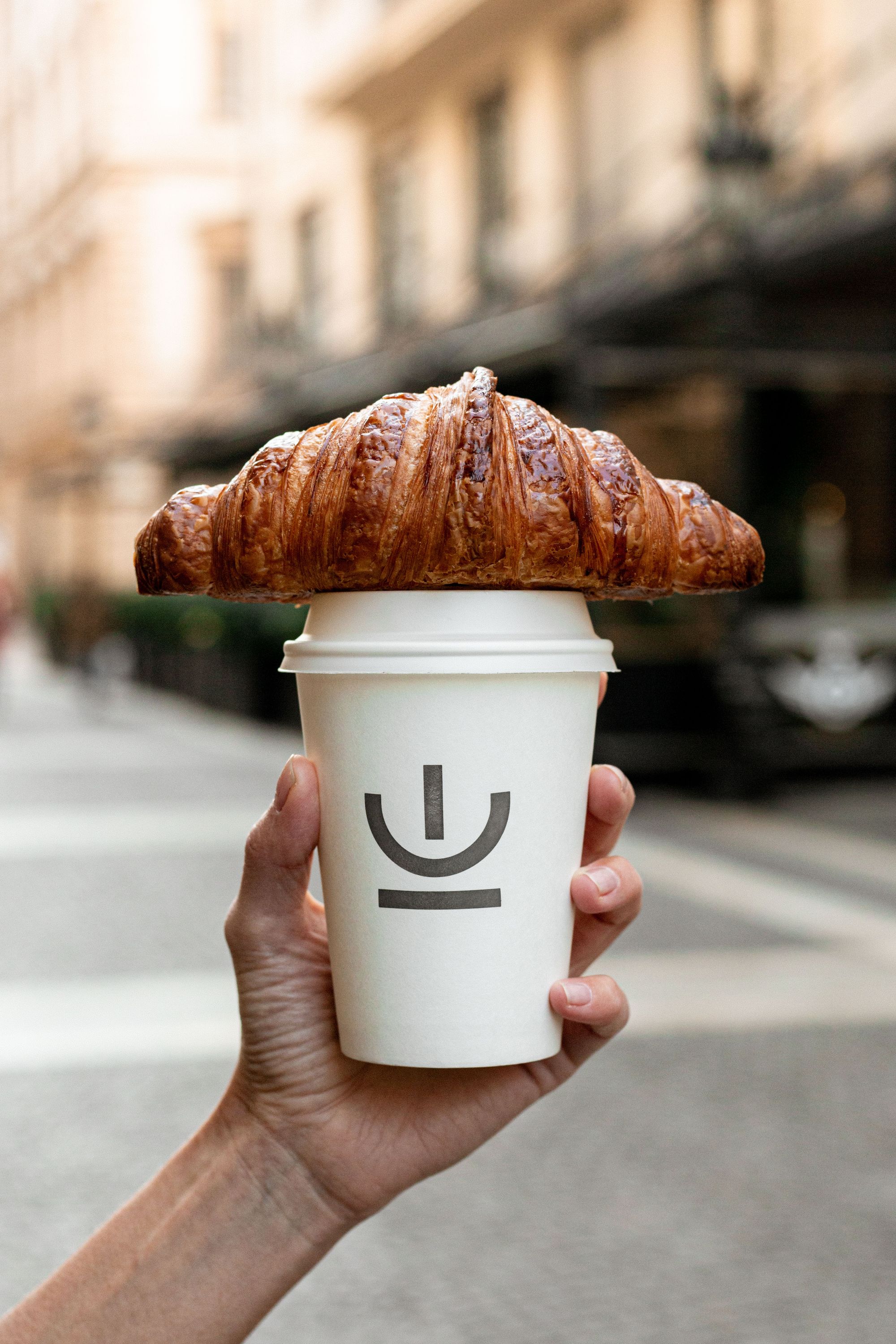
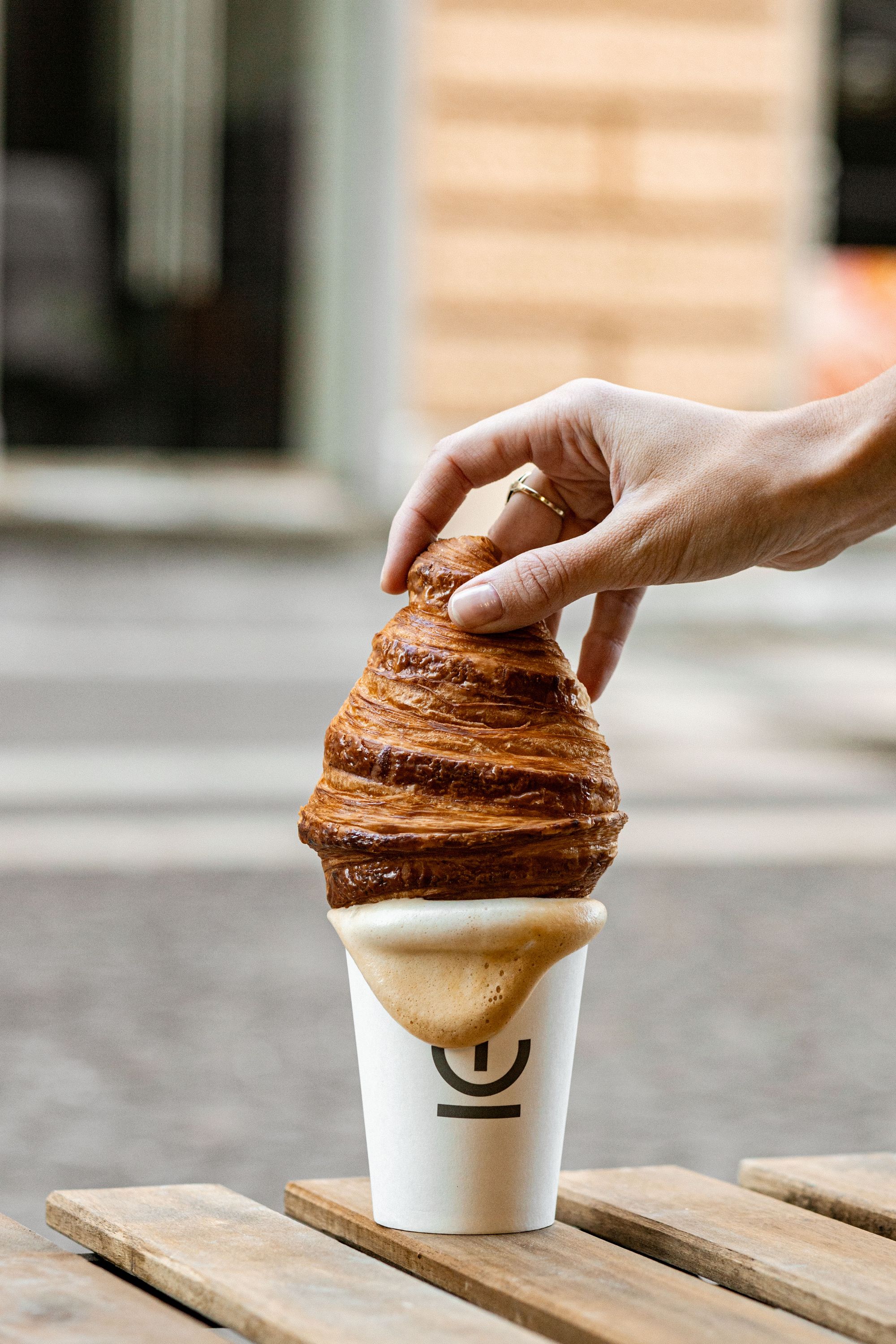
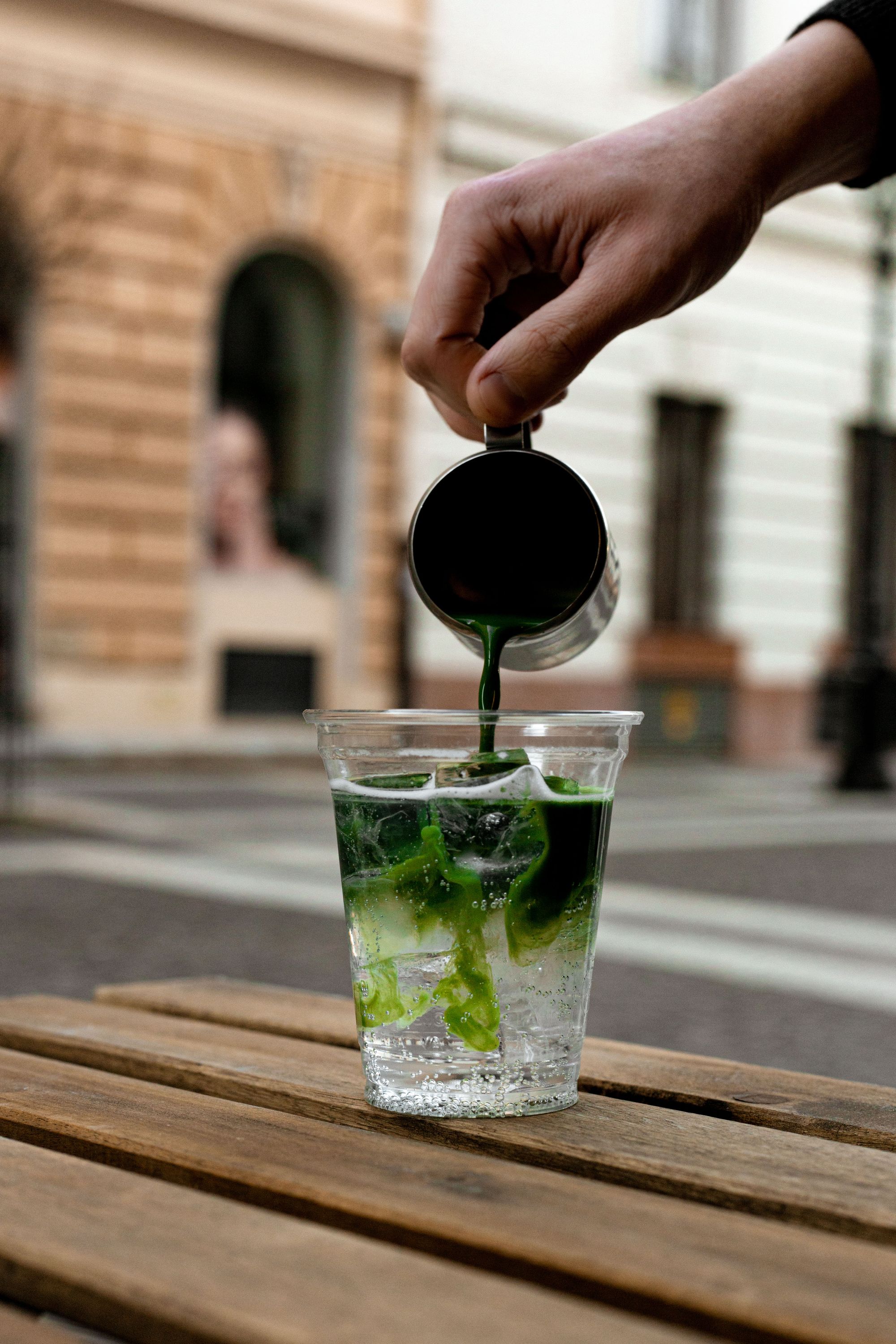
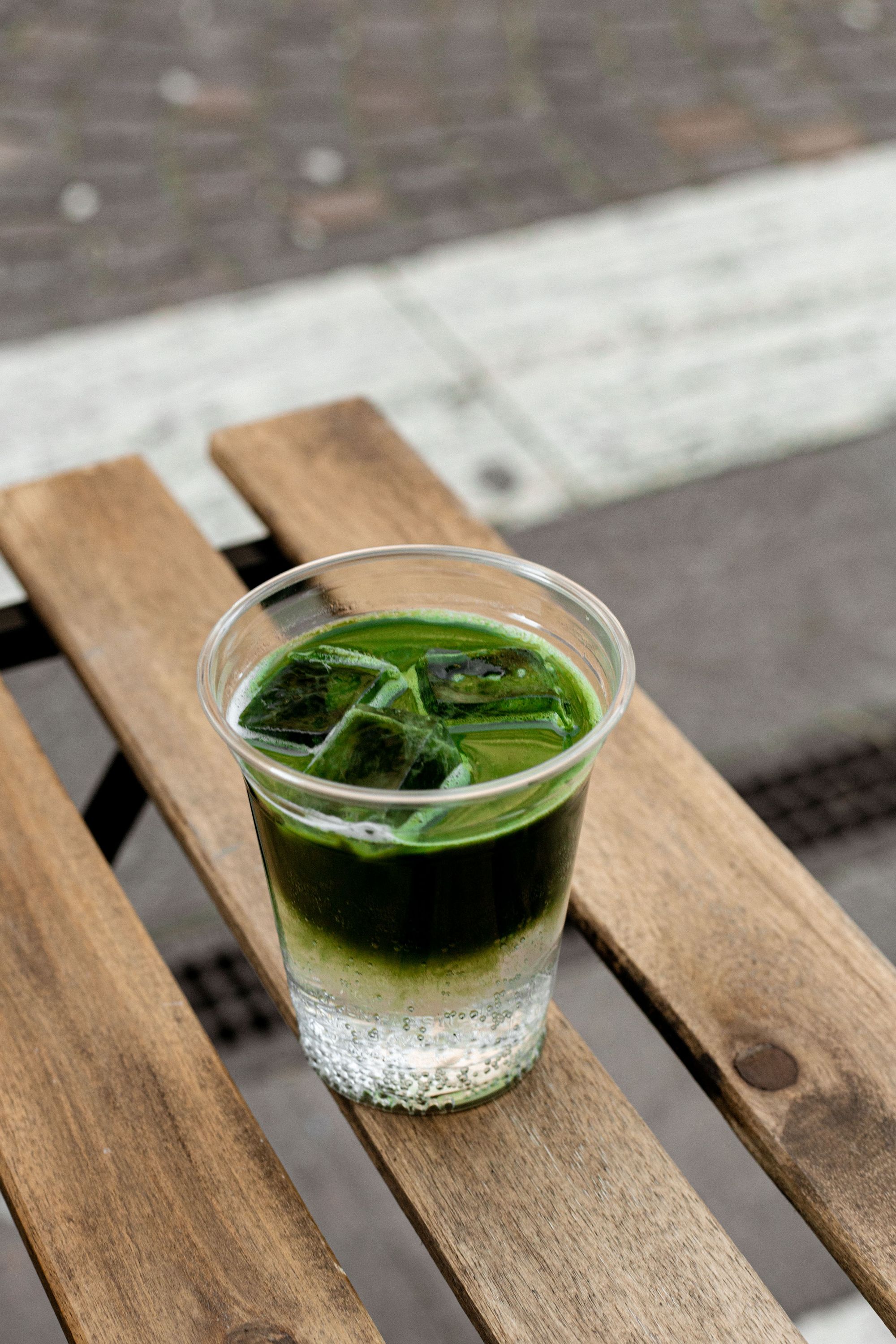
He mentions two mottos: “Question, taste, create!” and “Question everything!” basically proclaim constant experimentation, not only for him as barista/owner but also for the guest. That’s why they designed the interior this way—Bence and his team are there to ask questions and create drinks based on taste. The focus here is really on coffee, it’s not just a place to sit down with a laptop to work (or in my case, write an article), but 10-30-60 minutes that are really about the coffee. (Or the LUI pastry, if there’s any left.)
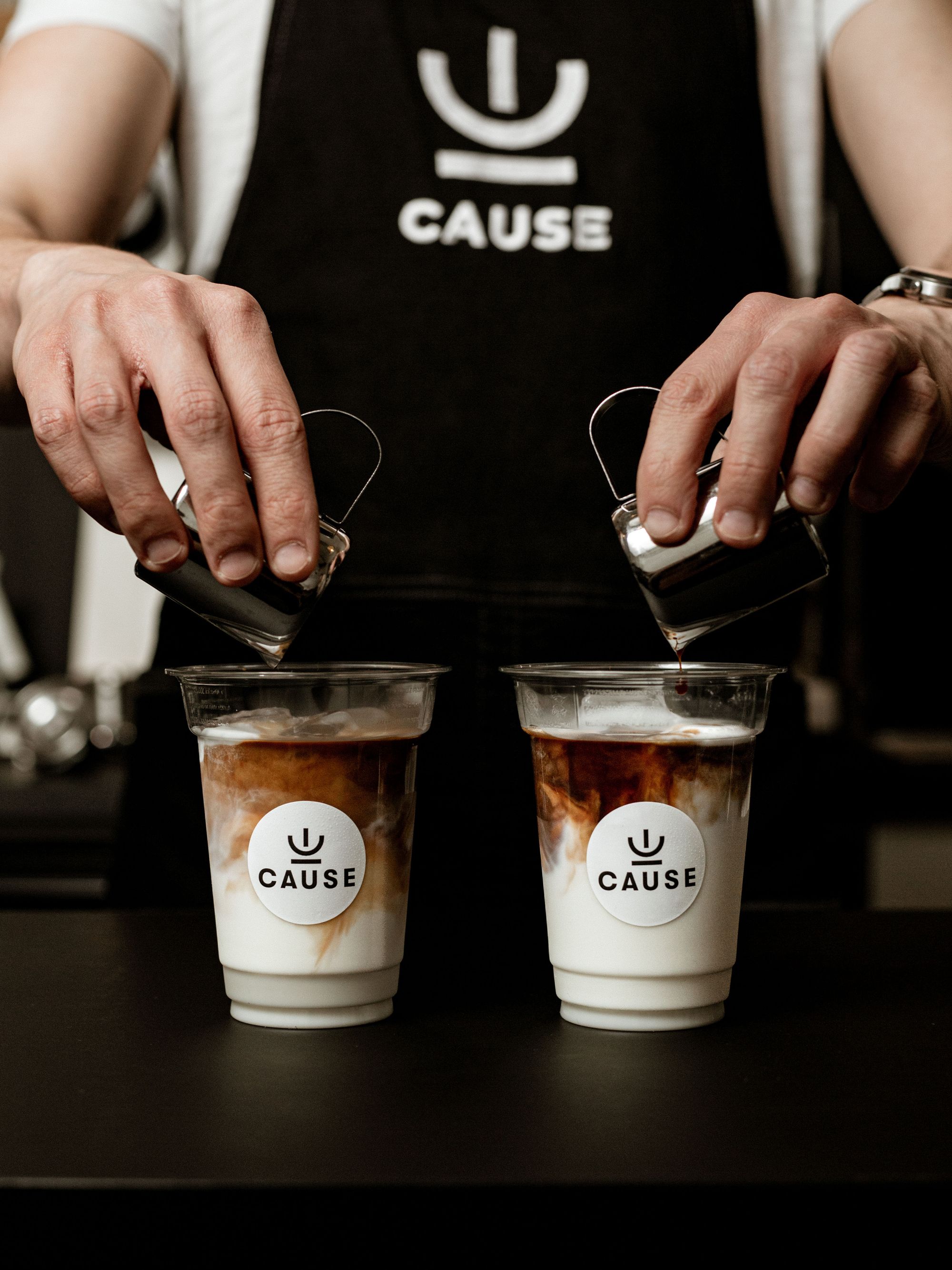
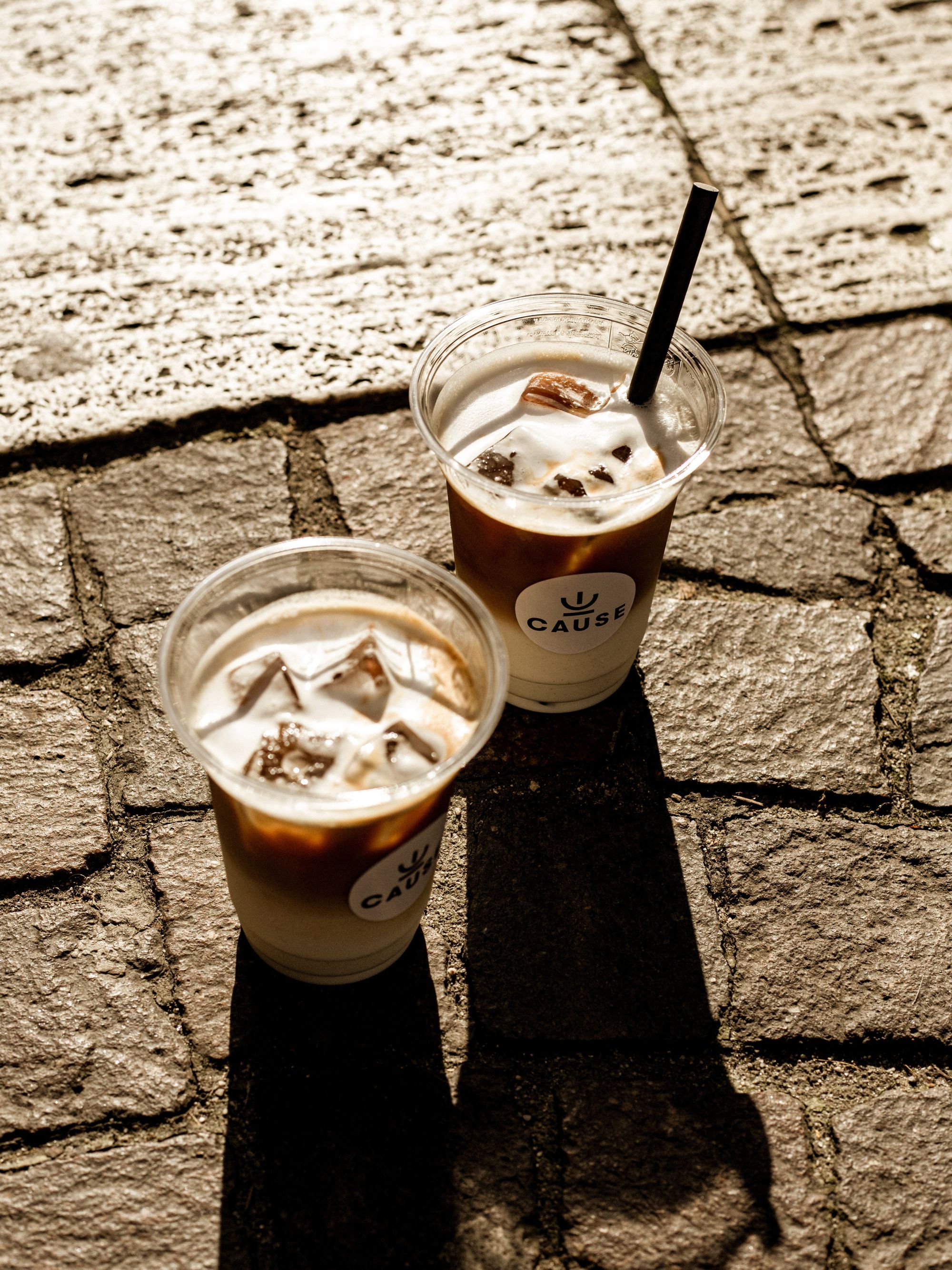
Since I’m in food design, I’ve been promoting the complexity of food and eating and its power to impact all the senses, and here it’s demonstrated in a professional yet clear way, making it not only enjoyable but also an incredibly important mission. You can stay as long as you please, he’s happy to tell you and make you taste as much as you like, but it’s fine if you’re a regular just popping in for your favorite coffee. One way or another, you will leave with a whole new experience and state of mind, so I’d say you must make a detour in the daily rush.
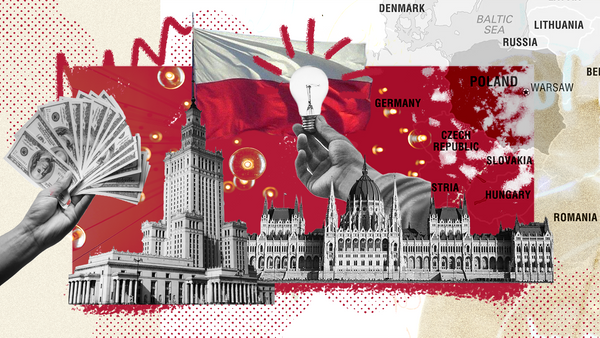
The Hungarian startup market faces a series of challenges and misguided responses
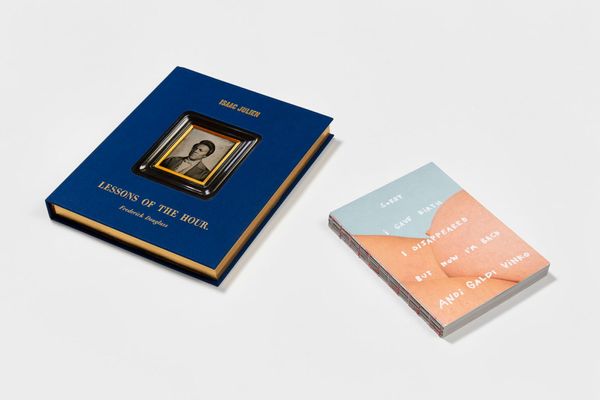
Andi Gáldi Vinkó’s photography book wins prestigious international award
